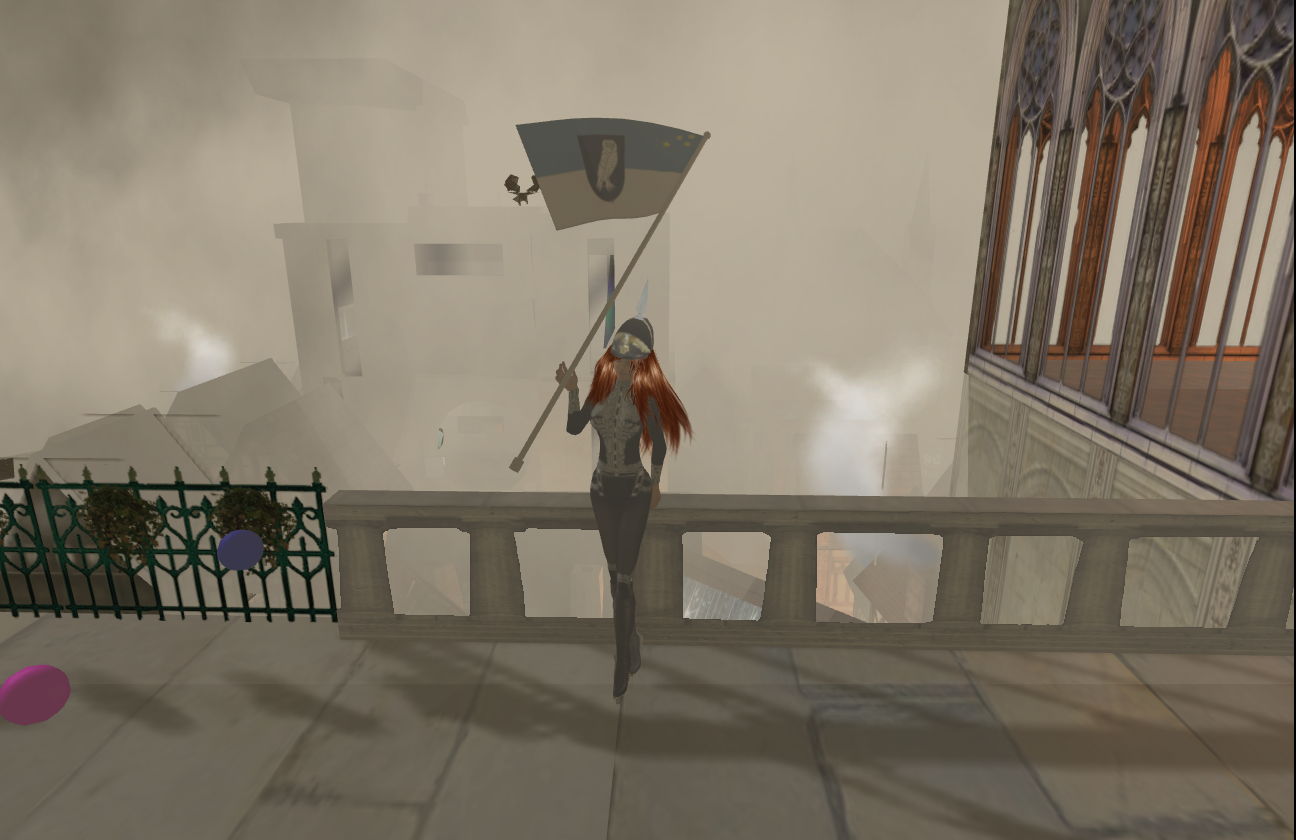There was a huge clamour back in 1996 or so in my country, when the Government decided to break a rule of the local DNS provider and registered an invalid domain name according to the rules. This quickly became political. Internet Service Providers and users of Internet services joined forces to protest and claimed that if the Government was not abiding by the Internet’s rules, then the Government would be ostracised from the Internet. This kind of thing made headlines on the news. At the end, Government forced the local DNS registry manager to resign, replaced it by a political puppet, and went ahead with breaking whatever rules they pleased.
The Internet community was shocked. At a stroke, a tiny Government from an insignificant country had shown that they couldn’t care less about the rules that made the Internet work so well for several decades. A flip of a coin, a whim of the moment, and everything that has been so carefully built over the years, is all shattered because, well, Governments have the power to fire people they dislike. Megacorps might not be able to do the same, but they can threaten, lobby, or simply buy key elements to impose their will. Eventually they will also get away with it.
So over time the whole concept of what the Internet was designed for has been replaced by something quite different. Now we have Governments like the UK seriously considering to filter information (like China does), using the pretext that rioters can organise via the Internet. Now we have companies like Facebook and Google loudly proclaiming that they couldn’t care less about basic human rights (i.e. the right to privacy and anonymity), hiding under the very convenient argument that “nobody is forced to use our services” and so they’re allowed to ignore all kinds of public complaints.
It’s true that in the not-so-distant past, complainers could go to the Government and say: “this company is not playing by the rules!” or claim that they would be “abusing their dominant position” — effectively manipulating a market where they’re a quasi-monopoly — and, well, Governments would interfere. But these idealistic days of having a “government by the people, for the people” to step in when companies start playing evil have long since gone. These days, megacorps like Yahoo or Google negotiate with China about the best way to filter content and provide profiling data to the Chinese government about the citizens they wish to control — something that Western countries like UK find immensively attractive. It’s an utter perversion of what the Internet was designed for: to sustain multiple attacks to several different nodes and still remain operational. Nowadays, it’s all about control, and imposing a will, a morality, a conformity: “do it our way or we’ll ostracise you”. But it’s not people setting the rules, nor even Governments any longer.
I remember that I was an avid reader of the cyberpunk authors of the 1980s, because they mingled dystopias with technology and brought a completely different way of thinking about ourselves and our society. Gibson, Sterling, Stephenson, and many others gave us a vision of a “near” future of a high-tech society dominated by megacorps, weak governments with little or no control over vast slums, and a network-of-networks — the “grid” or “matrix” or “metaverse” — where individuals would meet, socialise, and transact business. Most authors were vague about the future but they sort of placed it in or around 2000-2020 and kept technological advances reasonably possible for that period; it was the social changes that were most hard to grasp.
Now it’s 2011 and suddenly all those scenarios become incredibly believable. Our democratic countries have been established with constitutions that limit what governments can and cannot do to their citizens. For the past two centuries or so, we saw the source of all evil to lie on politicians and governments which had all the power. So democracies established a way for that power to be checked. Cyberpunk dystopias show what happens when governments matter little or nothing and are unable to defend or protect civil rights; our societies have few ways of dealing with the power that will fill in that void, but, in 1984 (when William Gibson’s Neuromancer was written — an ominous date for dystopias!), it seemed rather impossible for that to happen. We saw cyberpunk authors as being oddities — an artistic or cultural movement, but nothing more. Not to be taken seriously. Cyberpunk sort of died a slow death in the 1990s with its rampant economy; and the new millenium brought the collapse of the dot-com bubble and war against the Middle East, sort of showing how governments are still all-powerful and companies are engaged in activities that will lead to their self-destruction due to greed.






